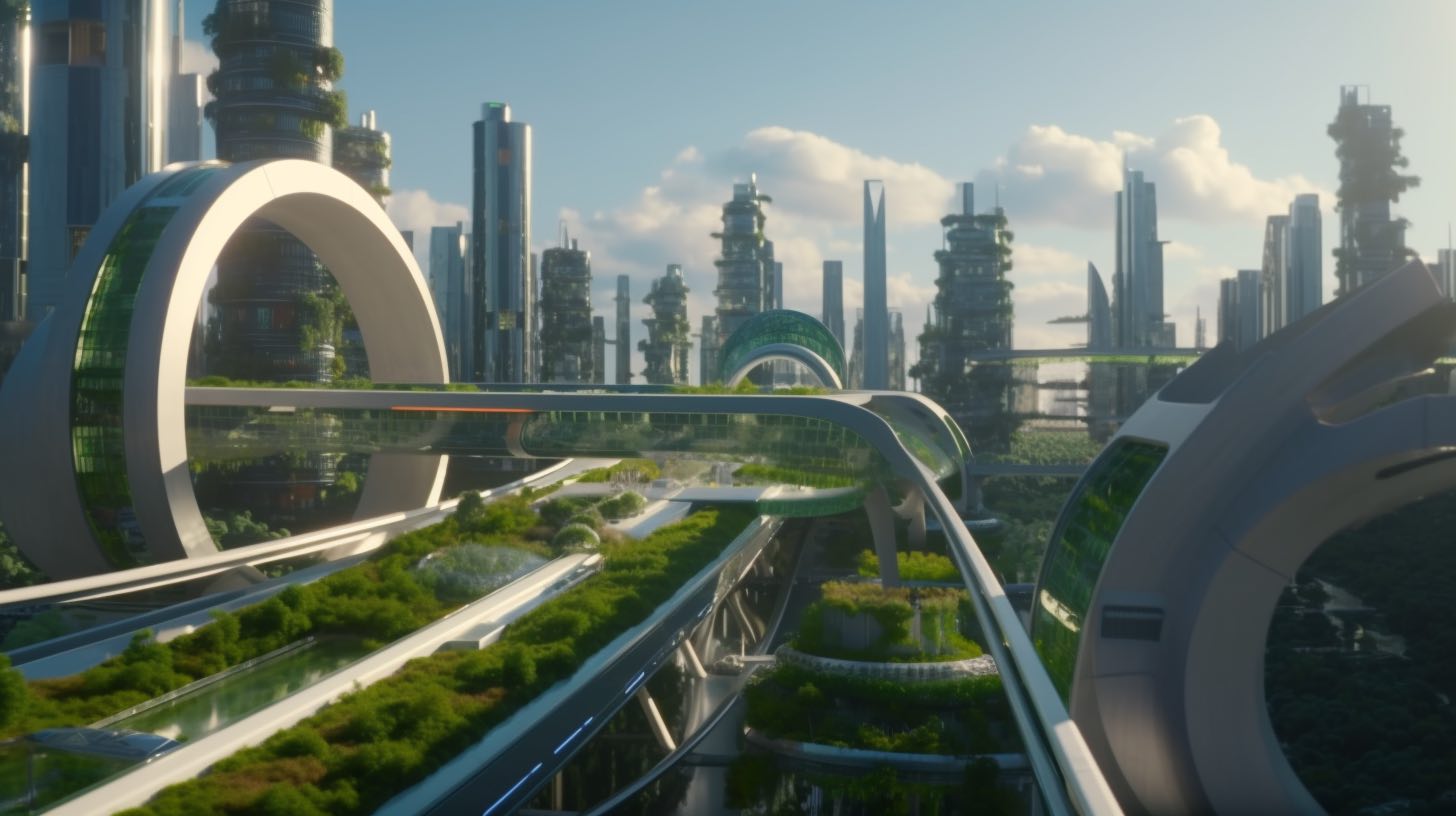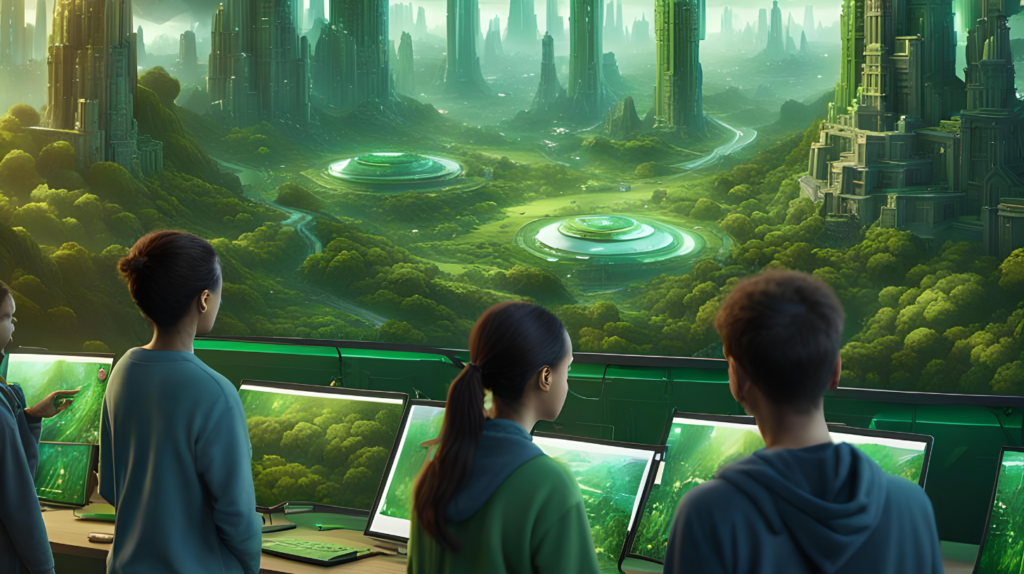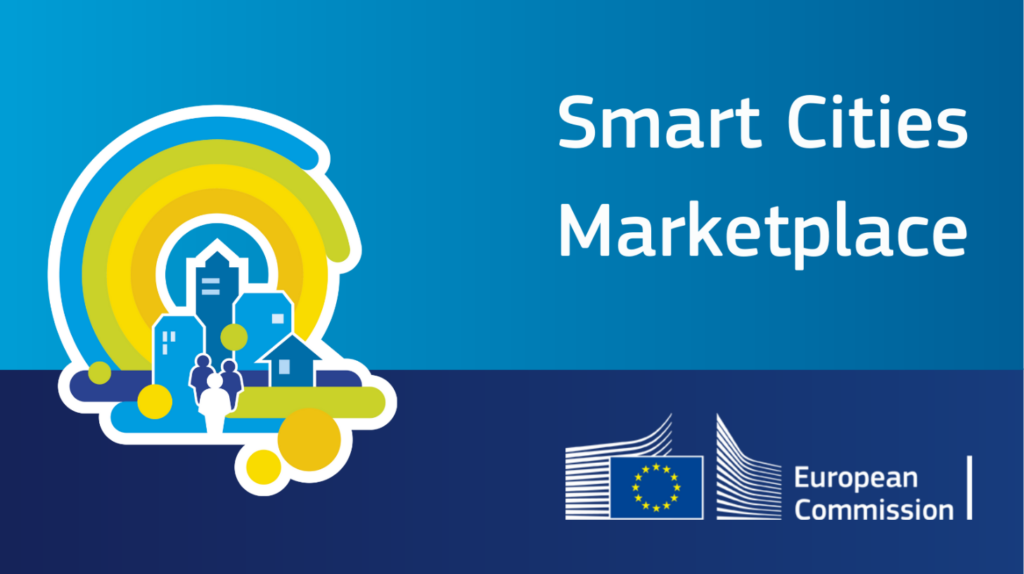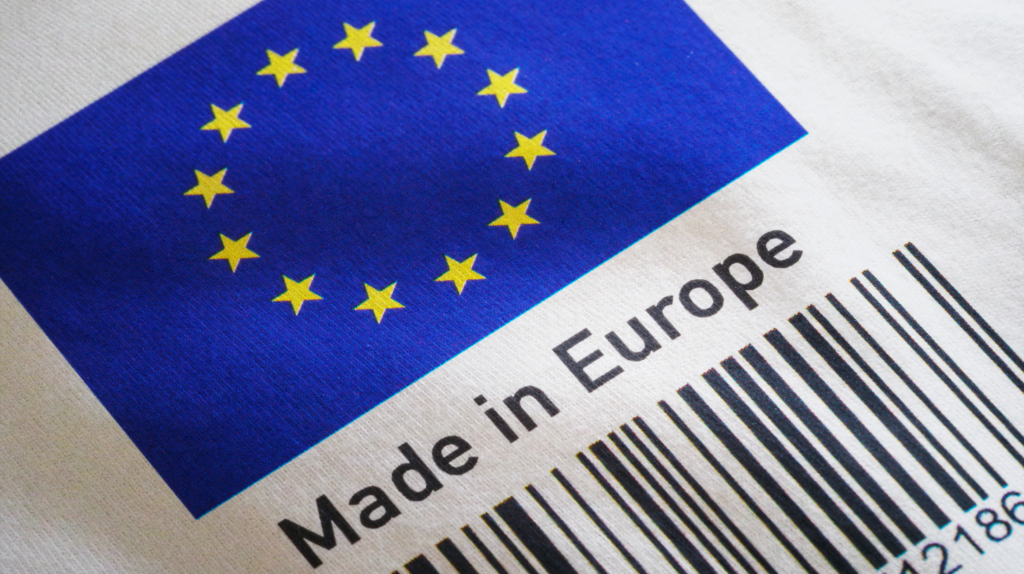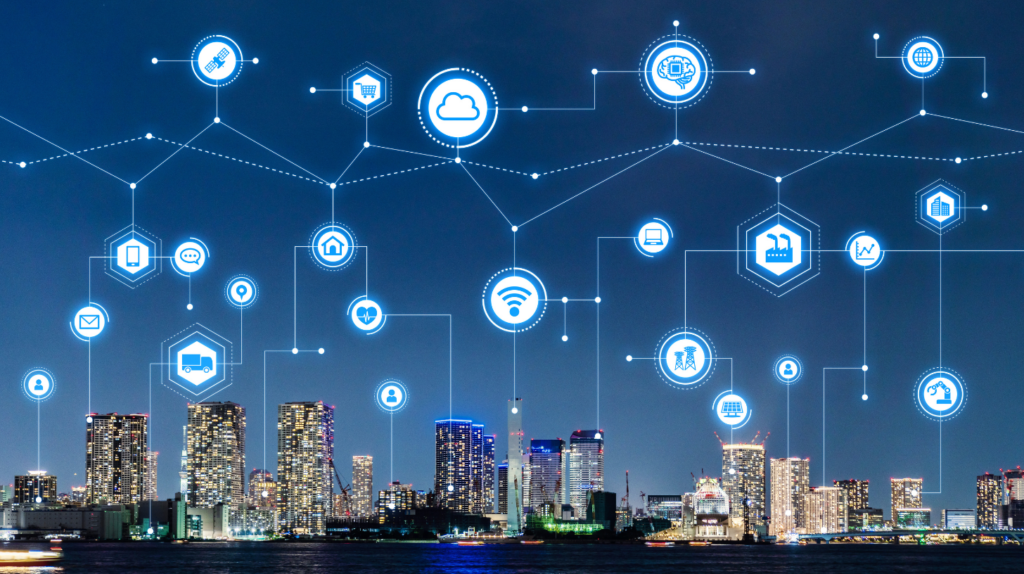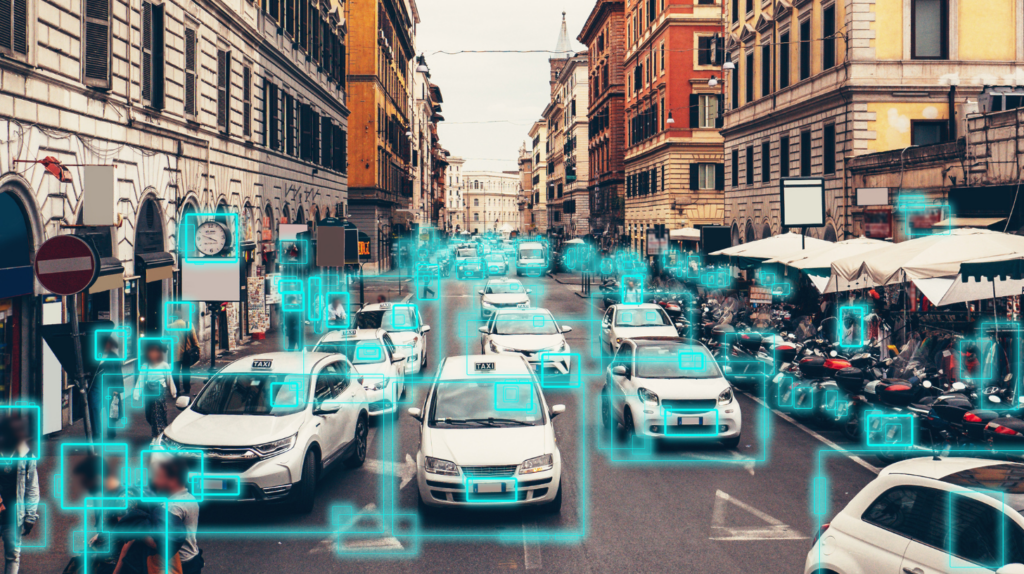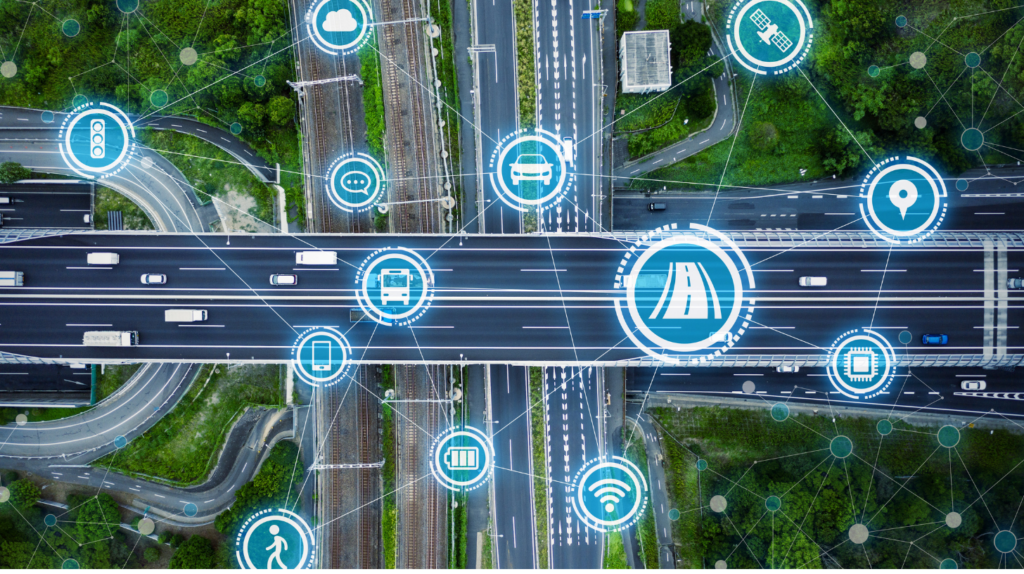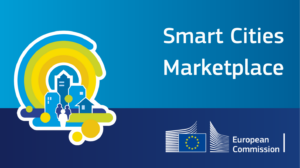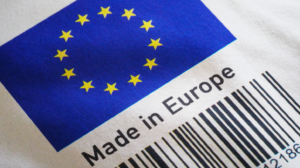As the world moves towards sustainable development, the youth’s role in shaping our cities’ future is crucial. The Erasmus+ KA220 Youth project “Youth participation for developing sustainable green cities” (2022-1-DE04-KA220-YOU-000085135) is an exemplary initiative to unite young minds and help municipalities create a greener, brighter urban landscape. L4Y Learning For Youth GmbH is coordinating the project with the partners Citizens in Power, Toplum Gönüllüleri Vakfı, Kean, Walktogether, Kaán Károly Környezetvédelmi Egyesület.
This blog post takes a deep dive into the project’s objectives, results, and impact on the lives of young people and the communities they call home. Here is the home page of the project.
To keep up to date with the project news, follow our YouTube Channel, as well as the project’s social media pages X and Instagram. Additonally, you can also join our Discord community.
Objectives
The project has several goals that aim to make it easier for cities and youth to work together to make cities more sustainable:
Firstly, establish a network of self-sufficient, independent youth-led NGOs in partner cities.
Secondly, increase awareness among young and adult citizens about the importance and potential of having their own innovative, green city.
Green Cities Expected Results
This project promises mixed results that will contribute to the development of sustainable, intelligent, green cities:
- Firstly, the development of a comprehensive Smart Cities training module.
- Secondly, create a training platform to host the Smart Cities module.
- Thirdly, enhancement of skills and knowledge related to green Smart Cities.
- Fourthly, the formation of a green city network for collaboration and knowledge sharing.
- Fifthly, the establishment of six green youth community NGOs.
- And finally, building a robust and interconnected network of youth-led NGOs
Basically, the project has developed a training module on smart cities. It is hosted on a dedicated training platform. This module covers essential topics related to green, intelligent city development. Participants acquire the skills and knowledge necessary to become agents of change.
The project has also achieved remarkable results in engagement and outreach. Six green youth community NGOs and a youth-led NGO network were created. These organizations serve as hubs for green urban initiatives. They foster a sense of community among environmentally-conscious youth.
Involvement
Also, partners will train diverse young people and experts throughout the project. Meanwhile, over 120 young people and 12 experts were interviewed in Result 1. At least 120 young people participated in pilot testing in Result 2. and 362 young people trained in Result 3.
Green Cities Expected Impact
The project has a few main goals. The main one is to get cities and young people to work together. This partnership helps bridge the gap between generations. It encourages the development of independent, self-sufficient youth-led NGOs in partner cities.
By raising awareness about the importance of smart, green cities among all ages, the project creates environmentally-friendly urban spaces. The ultimate goal is to build a strong network of green youth community NGOs. This paves the way for a new generation of environmentally-conscious city dwellers.
Smart City 3.0 Concept
The latest concept of smart cities is centred around inclusive, citizen-centric urban development. It goes beyond technology and data-driven decision-making by prioritising the engagement of citizens in the planning, implementation, and evaluation of smart city projects. This approach aims to create more sustainable and resilient cities by focusing on social equity, environmental sustainability, and economic growth. Key components of the Smart City 3.0 concept include:
- Collaboration: encouraging partnerships among governments, the private sector, academia, and civil society to drive innovation and share resources.
- Sustainability and resilience: focusing on long-term environmental sustainability and resilience to climate change and other global challenges.,
- Social equity: addressing social inequalities and promoting inclusive urban development for all citizens, regardless of their background or socio-economic status.
- Integrated solutions: implementing holistic solutions that address multiple urban challenges simultaneously, considering the interconnectivity of urban systems and processes.
- By raising awareness about the importance of smart, green cities among citizens of all ages, the project contributes to creating more environmentally friendly urban spaces. The ultimate goal is to build a strong network of green youth community NGOs and pave the way for a new generation of environmentally-conscious city dwellers.
Conclusion
In conclusion, the Erasmus+ KA220 Youth project “Youth Participation for Developing Sustainable Green Cities” marks an important step towards realizing the Smart City 3.0 concept. Also, by engaging young people and equipping them with the knowledge and skills to create greener urban environments, this project catalyses future technological advancements in smart city development. The journey has just begun, and the future looks bright for our sustainable green cities.
